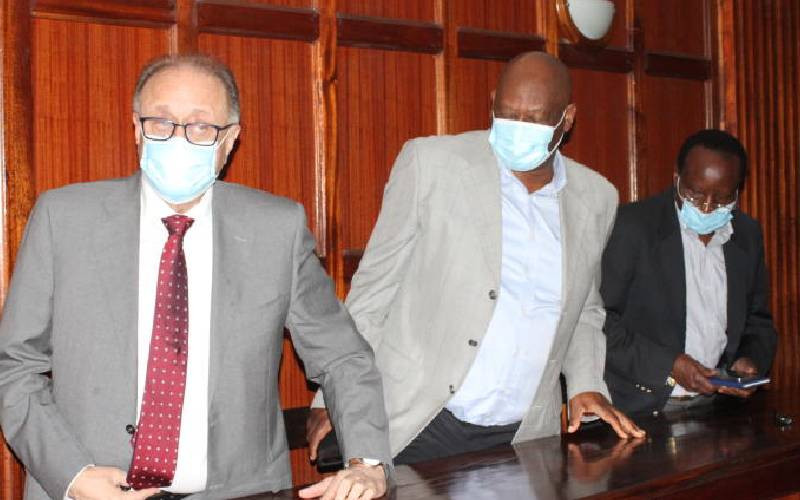×
The Standard e-Paper
Join Thousands Daily

It is Winston Churchill who, 84 years ago, described Russia as "a riddle wrapped in a mystery inside an enigma". He went on to say Russia plays by "own rules usually to the detriment of those who choose more open regulations."
To the people of Ukraine - and many other people of goodwill - Churchill's description rings true today as it did at the time he lived.